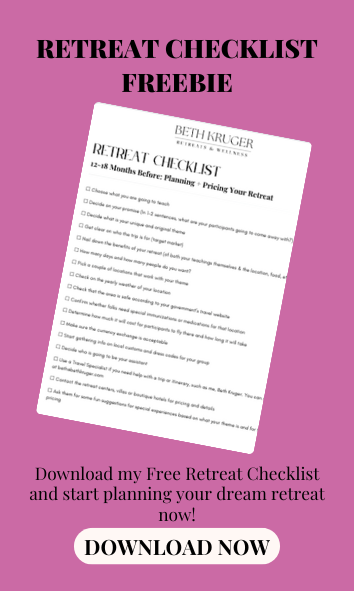What is Healthy Eating?
I am leading a “Feel Better Over 40” Challenge this week on social media and it has led me to think about not only my business, and how I work with women, but the whole industry of wellness and health. I have been in the “wellness” industry for almost 20 years. I began dabbling in this industry because of a yoga teacher training back in 2003, when I was 26 years old. That journey of self-knowledge and learning took me almost 2 years, and has continued to this day–almost 20 years later.
Part of my “Feel Better Over 40” challenge is about healthy eating, alongside daily movement, healthy relationships and stress reduction. I have been “into” movement and healthy eating since well before my journey into yoga teacher training. I became vegetarian and then vegan back in my late teens and early 20’s as a rejection of the damage that the meat industry was causing to the planet. I eventually began to eat meat again, and still do. When I was exploring some health issues (skin, digestion, etc) that I was having several years ago, I gave up gluten, dairy, and soy products–and eventually began eating all of those things again as well. I gave up coffee for months at one point–only to start drinking again when I led a retreat to Cuba and just could not leave without tasting the coffee!
I share all of this to say simply; many of those things made me feel better or different in one way or another. For me, being that I was not struggling with a chronic condition or trying to eliminate things from my diet to ease pain or discomfort in my body, none of my diet changes stuck as a long term plan. I also know that I will very likely change my diet again, or eliminate certain foods from my life at some point in the future. Being able to listen to what your body needs or wants is a skill. It is something that we can explore and change. Flexibility and change is natural –and is part of having a healthy relationship with food.
I don't think that this concept is necessarily embraced in the wellness industry. Speaking only for me in my experience in the yoga industry, there seemed to be “good” and “bad” things that you should or should not be eating. As one example, “cleanses” and fasting have always been popular in yoga culture. And I mean thin, white women yoga culture. Eating disorders have also been popular in thin, white women as well, so I don’t promote “cleanses” or fasting in my programs. Eating vegan is often a yogic philosophy as it aligns with ahimsa, a Sanskrit word/philosophy that means non-harming. I think eating a vegan diet is really challenging for most Americans and most Europeans–so again–it’s such a speciality diet that I don’t encourage my clients to eat vegan unless they really want to–and it aligns with helping them heal their gut, or support them in some way. Many yogis do not eat nightshades (which are a family of foods that include tomatoes, peppers, eggplant and potatoes) as they are thought to be inflammatory to the body, and a part of following an Ayurvedic Diet. Ayurveda is the traditional Hindu system of medicine, which is based on the idea of balance in bodily systems and uses diet, herbal treatment, and yogic breathing. Many people find that avoiding nightshades makes them feel better. There are many reasons to support a change in your diet, either temporarily or more permanently. What you eat can help you to find balance in your bodily systems and this is a great thing.
As I continue to explore nutrition and health coaching as a practice, I have noticed a “whitewashing” of food and in particular what is healthy food. When you see people eating healthy foods in magazines or on television– it seems like they are eating giant plates of kale, or açai bowls, or avocado salads–which don’t reflect any sort of ethnic or ancestral foods that exist in most of our history. I personally try to add varieties of worldly food inspiration to my meals–and I am confident that there are ways to prepare your childhood or ancestral family favorites in a healthy way, too. I read cookbooks and experiment with spices and herbs. In fact, most foods that are whole foods are really good for you–what we really need to cut out of our lives is the processed junk foods and refined sugars that we often love and eat way too much of.
Food is only one part of the equation when it comes to a healthy lifestyle. This is why I include movement, relationships and stress reduction into my “Feel Better” Challenge. I could also add things like work/career, spirituality, home environment, joy, creativity, education, finances, social life, joy or fun! I am sure you can see how all of these things contribute to your healthy lifestyle and healthy living. Ideally, we can strive for a balance by working to add to or take away from one or more of these elements I mention above. Healthy eating is what you make it. There is not only one right way to eat. There may very well be a right way for you–and that is wonderful if it is working for you. If the food you are eating is not working for you then being open to change and willing to let go is a wonderful yogic philosophy that we can all take when it comes to what we eat. Exploring and experimenting can be a great gift for our bodies as we continue to find out what foods are best for each of us.
Bon Appetit!
If you would like to learn more about my next “Feel Better Over 40” Challenge add your info to my email list–by clicking here.









